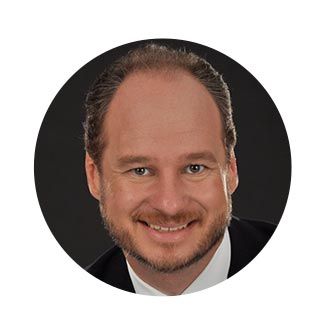
Biosimilars LatAm – Europe 2024
This forum serves as a space to expand upon Latin America’s opportunities for European biosimilar manufacturers, providing regulatory insight for the region and exploring diverse mediums for partnerships, such as PDPs, contract manufacturing, and nearshoring.
The event will feature presentations and participation from renowned industry experts and regulatory agency representatives, who will share their extensive knowledge, experience, and insights within the biotechnology field.

Who will
you meet?
More than:
Participants
Companies
HCPs
Patients
Academy
Investors
Institutions
Associations
Service Providers
Government Agencies
Industry Executives from Latam
- Biosimilars
- Biobetters
- Biotechnology
- Biotherapeutics
- Analytical science
- Regulatory compliance
- Quality Control
- Clinical immunology
- Scientific Affairs
- Pharmacovigilance
- Research
- Regulatory
- Business Development
- Marketing
Speaker Board

Cleber Sato
Medical & Regulatory Affairs Director

Ignacio Demarco
Commercial Manager - LATAM
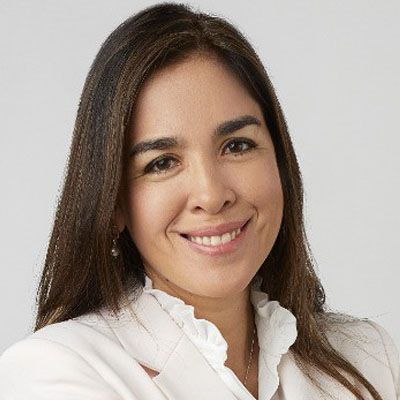
Ángela Flores
Executive Director
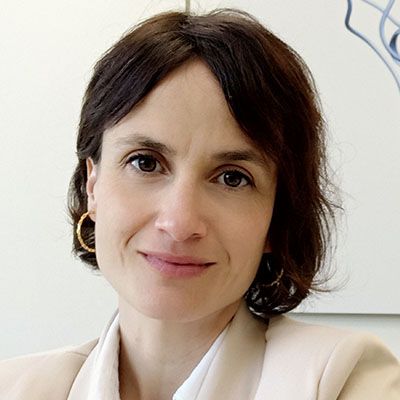
Isabel Del Rio Alvarez
Deputy Director
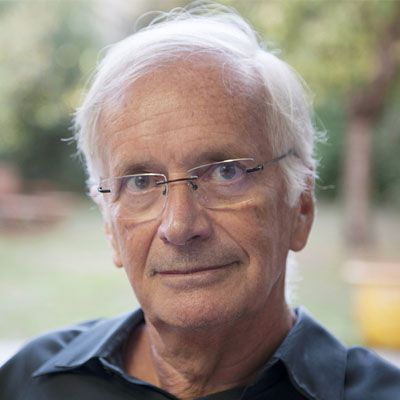
Xavier Frapaise
SMO
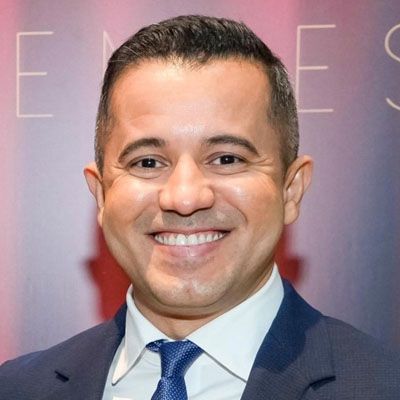
Uilberson Silva
RD&I Director

Guillermo Maligne
Sr. Medical Director Cluster Medical Affairs LATAM & Argentina

Marcela Amaral Pontes
Access Manager

Rafael Gual Cosío
General Director

Thomas Kirchlechner
Member of the IGBA Biosimilars Committee

Erik Perez Garcia
Regulatory Affairs Specialist

Elif Ülkü
Former STADA, Germany

Ana Luiza Vivan
Strategic Partnership Manager
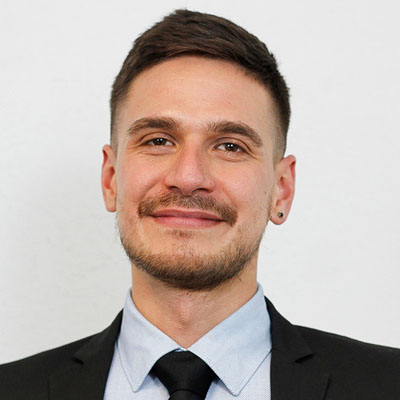
Pablo Alberto Quiroga Adame
Health Promotion Commissioner

Carlos Francisco Fernández
President
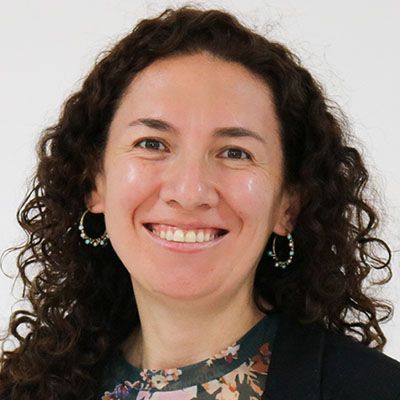
Ximena Marcela Bonilla Forero

Sonia Mayra Pérez Tapia
Executive Director
Program at a Glance
Biosimilars in Spain: Financing and Economic Impact
The financing and economic impact of biosimilars in Spain are critical considerations within the country’s healthcare system. Biosimilars offer potential cost savings compared to their reference biologics, thus reducing financial strain on healthcare budgets. Additionally, increased biosimilar uptake can stimulate market competition, leading to lower prices and improved access to innovative treatments for patients.
Cuban Perspectives on Biosimilar Regulation
The key takeaways from Cuba’s biosimilar landscape revolve around the importance of updating regulations to align with global standards, addressing challenges in accessing reference products for comparability studies, and promoting competition in essential, globally monopolistic drugs, particularly monoclonal ones. Mutual recognition agreements are under consideration to facilitate efficient product entry into markets, ensuring timely availability for patients, and Cuba recently participated in the launch of the Regional School of Health Regulation, involving several other key regulatory authorities.
Clinical Development Requirements and Guidelines for Biosimilars in Latin America
Latin America’s clinical development requirements for biosimilars can vary significantly across countries, in contrast with the Europe. Brazil, Mexico, and Argentina have established national regulatory guidelines, while Chile and Colombia rely on WHO guidelines. Despite differences, all countries emphasize robust comparative clinical studies to demonstrate biosimilarity. Harmonization efforts aim to streamline processes, ensuring efficient and consistent evaluation of biosimilar safety and efficacy across the region.
Navigating Regulatory and Commercial Challenges in Turkey: Practical Insights and Takeaways
Engaging the Turkish biosimilar market presents challenges due to complex regulatory and commercial bottlenecks. Potential solutions include navigating regulatory frameworks, fostering local partnerships, and advocating for policy reforms. Key takeaways highlight the importance of strategic planning, understanding local regulations, and leveraging market opportunities to enhance biosimilar access and affordability in Turkey. Overcoming these hurdles can significantly boost market penetration and patient access, and the lessons learned may be helpful in broaching other markets.
Emerging Technologies Addressing the Current Essential Medicine Access Gap
Recent therapeutic innovations in biologics and biosimilars have increased access to life-saving medicines. However, CHO-based production remains costly and limited, affecting availability for 90% of the global population. Bio-Sourcing technology, using gene-editing in transgenic goats’ milk, offers a scalable, low-cost alternative. This disruptive platform can produce affordable biotherapeutics like insulin and monoclonal antibodies, transforming global healthcare.
The Landscape for Biosimilar, Innovation, and Innovator Access in Peru
In Peru, navigating the landscape of biosimilars poses unique challenges, balancing innovation with access to original biologics. While biosimilar adoption is on the rise, concerns persist regarding regulatory clarity and market competition. Innovator access remains crucial for advancing healthcare, requiring strategic policies to ensure affordability and availability without compromising quality and safety standards in this dynamic pharmaceutical landscape. A robust regulatory framework is key to improving access to healthcare in Peru.
How Mexico's Regulatory Certainty Strategy Facilitates Market Entry of European Producers in Mexico
In Mexico, COFEPRIS is currently undertaking a strategic initiative to provide regulatory certainty to pharmaceutical companies, enabling them to introduce medical innovations and drive productive development in the Mexican market. The 2022−2030 agenda aims to foster competitiveness, industrial and commercial growth, and ensure access to safe and high-quality healthcare products. The implementation of this strategy focuses on harmonising regulatory approaches with other agencies, involving the public, private and social sectors, and compliance with ICH guidelines, among other factors. This strategy enhances investor confidence and facilitates timely market access, positioning Mexico as an attractive destination for European producers looking to expand their presence in the region.
Institutional Initiatives for Local Production of Biologics in Colombia
Colombia faces a significant gap in local biosimilar production, highlighting the country’s dependency on imported biologic drugs. However, promising initiatives are emerging. The District Institute of Science, Biotechnology and Innovation in Health (IDCBIS), among other organizations, is spearheading efforts to establish local manufacturing capabilities. This strategic move aims to enhance accessibility to crucial biologic treatments, potentially reshaping Colombia’s pharmaceutical landscape.
PDPs: The Success of Brazilian Partnerships for Productive Development
Brazilian Partnerships for Productive Development (PDPs) exemplify successful collaborations between local public and private sectors, but may also offer a blueprint for potential European biosimilar manufacturers. By leveraging government incentives and industry expertise, PDPs foster local production of essential medicines and vaccines, benefiting both parties. This win-win partnership enhances healthcare accessibility while presenting opportunities for European biosimilar manufacturers to expand into new markets.
Market Access Challenges and Opportunities for Biosimilars in Latin America
Latin America faces both challenges and opportunities in biosimilar market access. Brazil, Mexico, and Argentina lead in regulatory frameworks but encounter hurdles like pricing and reimbursement policies. Colombia’s tender-based system drives market competition, while Chile prioritizes cost-effectiveness evaluations. Despite challenges, these countries offer substantial opportunities for biosimilar penetration, driven by growing demand for affordable biologic therapies and advancing regulatory landscapes.
Full Programme in the PDF Agenda
Download Agenda
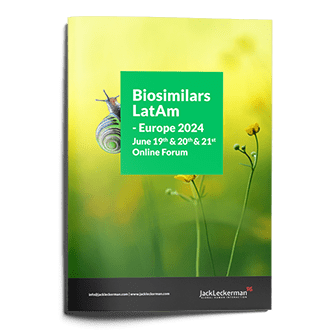
Sponsors
Photo Gallery from Previous Events





